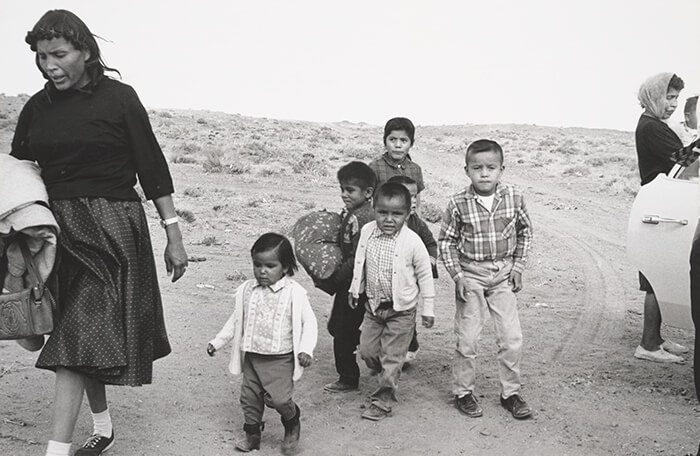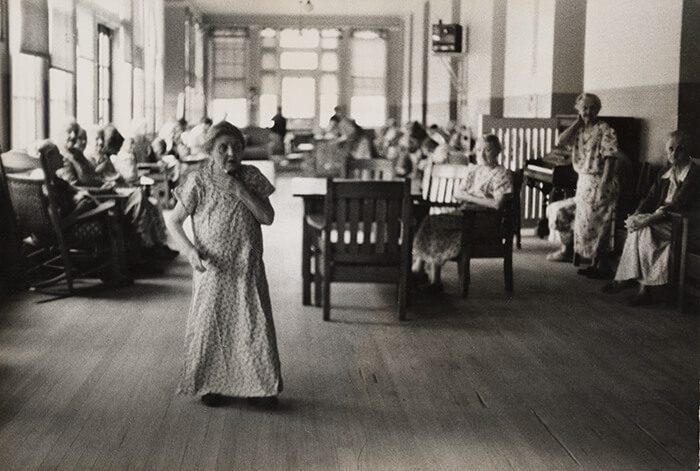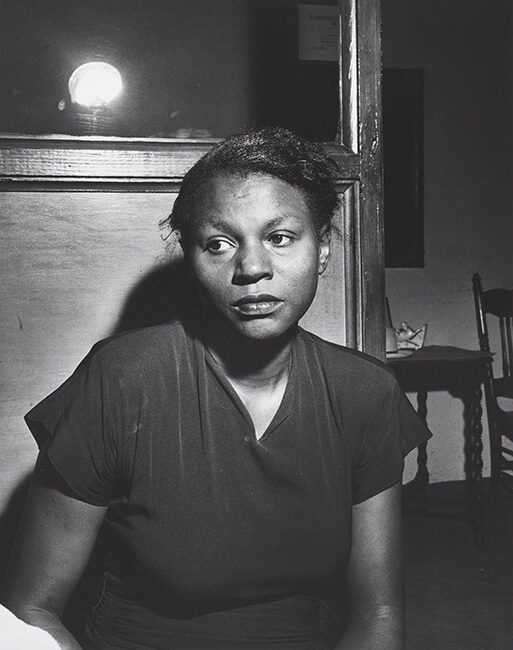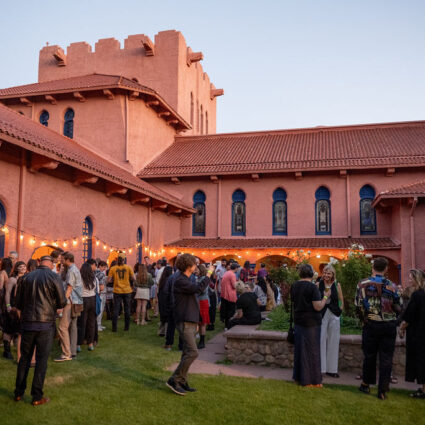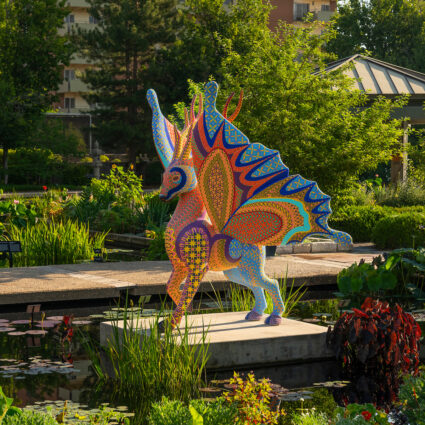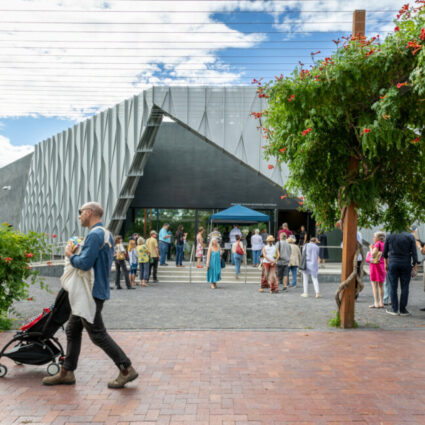A retrospective of German-American female photographer Marion Palfi at the Phoenix Art Museum, the first major exhibition since her 1978 death, places her towards the top of social research photographers.
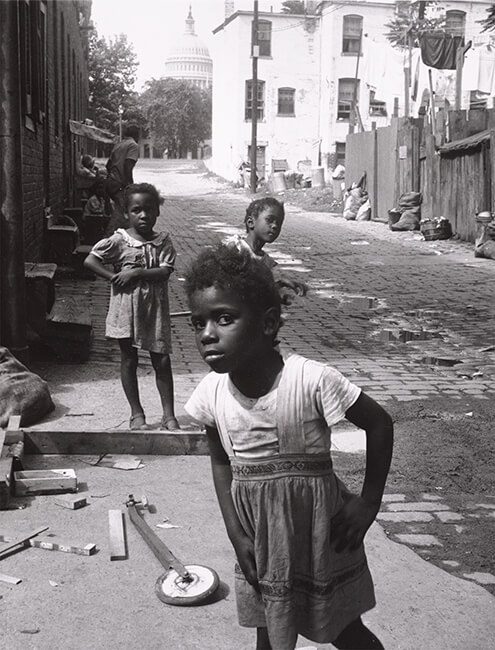
Freedom Must Be Lived: Marion Palfi’s America, 1940-1978
July 21, 2021–January 2, 2022
Phoenix Art Museum
Unlike Diane Arbus’s depictions of fringe subcultures, social research photographer Marion Palfi documented folks pushed to the fringes by various systems such as juvenile justice, geriatric care, and federally sponsored Native American relocation programs. Freedom Must Be Lived: Marion Palfi’s America, 1940-1978 at the Phoenix Art Museum, a survey sourced from the Center for Creative Photography’s archive in Tucson, coaxes deep emotions out of Palfi’s straightforward didactic materials about the socially unemployable.
The German-American female artist, who died in 1978, focused her activist lens on disenfranchised Americans throughout the lower forty-eight. Early-career images include children of multiple races living in squalor from Connecticut to California. A gut-dropping rendering of income inequality and government duplicity is found in In the Shadow of the Capitol, Washington, D.C. (1946-1948), a gelatin silver print of impoverished young Black children in D.C. slums.
Palfi also amplified injustices experienced by elders, populations decimated by housing inequity, and hate crime victims. Many photographs, captured in drab and sad lighting—and absent romanticized dodging and burning darkroom magic—are presented as raw portraiture. Various images show the stigmatized interacting in the unnatural or clinical environments created by these systems, whether outside a falling-down dwelling or inside a welfare office.
Especially haunting are the images of Diné (Navajo) people forced into relocation services—signing papers in a bureaucratic wasteland or waiting to board a train alongside bored conductors. Palfi’s long-form due diligence follows the marginalized to the end results of relocation à la the 1961 narrative documentary film The Exiles. Palfi’s images of Indigenous people interacting in the dog-eat-dog big city portray the tragedy of cultural whitewashing and assimilation.
This carefully crafted and thoughtful exhibition illustrates the power and tenacity of Palfi’s in-the-trenches reportage. It also anoints her as near the top of her era’s guard of social research photographers who exposed the American tragedy of the American dream.
